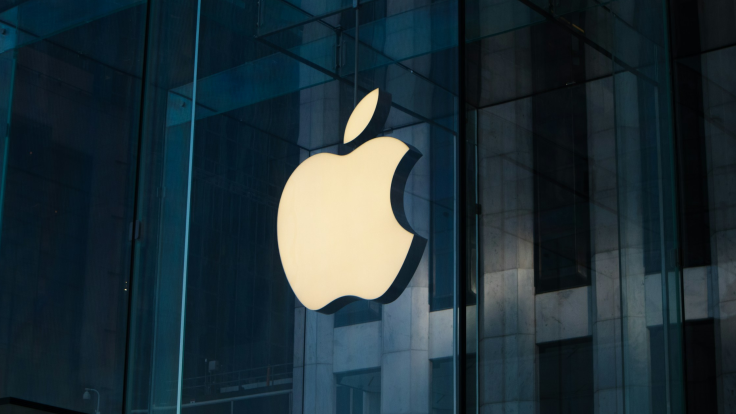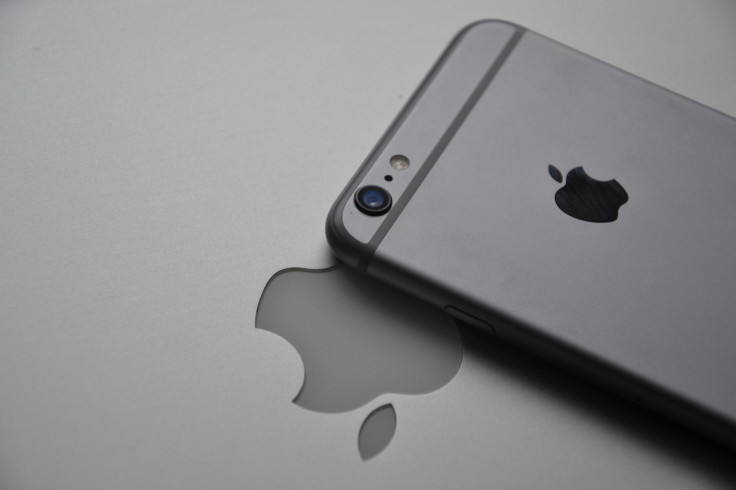Is Your Phone Spying on You? Here's Why French Authorities Are Investigating Apple Over Siri Recordings
France investigates Apple over Siri recordings amid claims of unauthorized voice data collection and privacy violations under EU law

Could your iPhone be eavesdropping on you? In October 2025, Apple found itself at the centre of a renewed global privacy storm. French prosecutors have launched a formal investigation into Siri, following accusations that user recordings may have been collected and analyzed without proper consent of the users.
The case not only puts Apple under fresh legal scrutiny but also reignites a broader conversation about whether our smartphones are listening more than we realize and that is terrifying. At the heart of the legal issue is a fundamental question that many ask today and that is how much privacy do users really have when speaking to their devices?
What French Authorities Are Investigating With Apple
According to initial reports, the Paris prosecutor's office has started a probe into Apple's handling of Siri recordings. The case has been referred to the Office for Combating Cybercrime, France's specialized digital crimes unit which makes it a serious matter. Reportedly, the investigation stems from a complaint filed by the Ligue des droits de l'Homme (LDH), a well known French human rights organization, which accuses Apple of breaching privacy laws by improperly recording and storing users' voice data allegedly without the users' consent or knowledge.
But this issue goes further back as this complaint allegedly draws heavily on disclosures from whistleblower Thomas Le Bonniec, who was a former subcontractor who once worked on Apple's audio review program as per reports. Le Bonniec alleges as per reports that while reviewing Siri recordings, he routinely came across highly sensitive information, including private conversations, medical discussions, and even accidental recordings triggered when users had not actively invoked Siri, his actual admissions are highly scandalous. His statements which were first made public in 2019 resurfaced in this case and now form a core part of this controversy as well.

Reports further say that LDH claims that Apple's data handling practices allegedly violate the European Union's General Data Protection Regulation (GDPR), which mandates clear consent, transparency with users, and strict limitations on how personal data is collected and stored by the companies. The organization argues that Apple may have failed to properly inform users about how their recordings were being used and how long they were being retained.
Apple's Response So Far
Of course Apple will be on the defence. Apple has maintained throughout the years that its practices are lawful and that privacy remains one of its main values. The company even insists that Siri recordings are handled with user consent and that improvements have been made and that Siri recordings are not shared with advertisers and other entities as per reports.
Apple has faced similar challenges before almost exactly like this one. Earlier in 2025, it settled a class action lawsuit in the United States for approximately 95 million USD approximately £77.8 million over similar kinds of allegations that Siri had recorded users without their consent. Although importantly Apple did not admit wrongdoing, the settlement underscored how sensitive this issue remains. As of this writing, Apple has not issued a detailed comment specifically addressing the French investigation.
Is Your Phone Really Spying on You?
The answer is complicated at best. Most modern smartphones and voice assistants are designed to activate only when prompted by a wake word such as 'Hey Siri.' However, accidental activations are not uncommon and its not just on iPhones. These false triggers can lead to recordings that capture snippets of private conversations, which are then processed by servers to improve voice recognition systems atleast that's the official claims by most companies.
Now while this does not necessarily mean your phone is constantly 'spying' on you, it does reveal how thin the line can be between convenience and surveillance and how regulation is constantly needed.
© Copyright IBTimes 2025. All rights reserved.




















